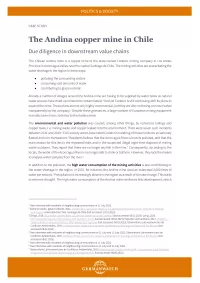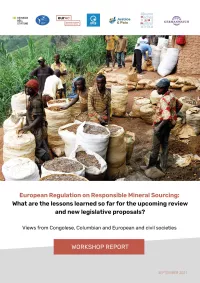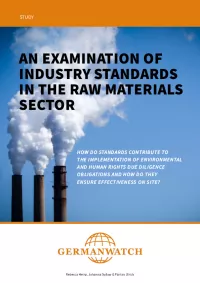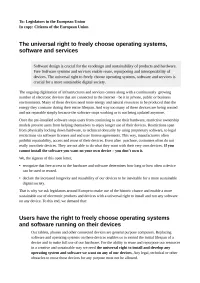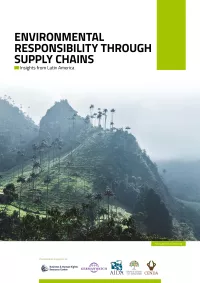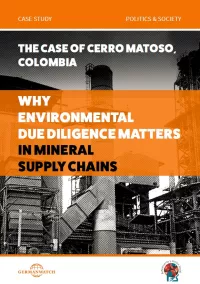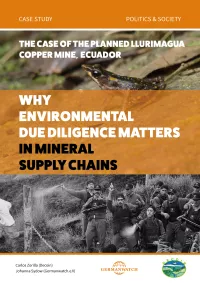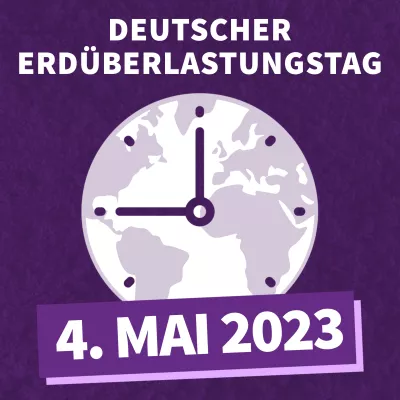Infos "Ressourcenpolitik"
HINSEHEN und ANALYSIEREN: Würden alle Menschen so viele Ressourcen verbrauchen wie wir in Deutschland, dann bräuchte die Weltbevölkerung drei Planeten. Massenkonsum und Wegwerfmentalität sowie die Missachtung von Gesetzen zum Schutz von Umwelt und Menschenrechten führen beim Abbau von Rohstoffen in anderen Ländern der Welt zu Umweltverschmutzung, Menschenrechtsverletzungen und gewaltvollen Konflikten.
EINMISCHEN: Deutschland muss seinen Rohstoffkonsum senken und sich dafür einsetzen, dass der Rohstoffabbau weltweit nachhaltiger und menschenrechtskonform ausgestaltet wird. Germanwatch begleitet die Umsetzung der EU-Konfliktrohstoffverordnung und engagiert sich für politische Rahmensetzungen, die zu nachhaltigeren und reparaturfreundlicheren Produkten führt sowie eine lange Nutzung von Produkten inklusive Reparatur ermöglicht. Wir arbeiten im Koordinierungskreis des Arbeitskreises Rohstoffe mit und haben das Netzwerk Runder Tisch Reparatur mitgegründet.



